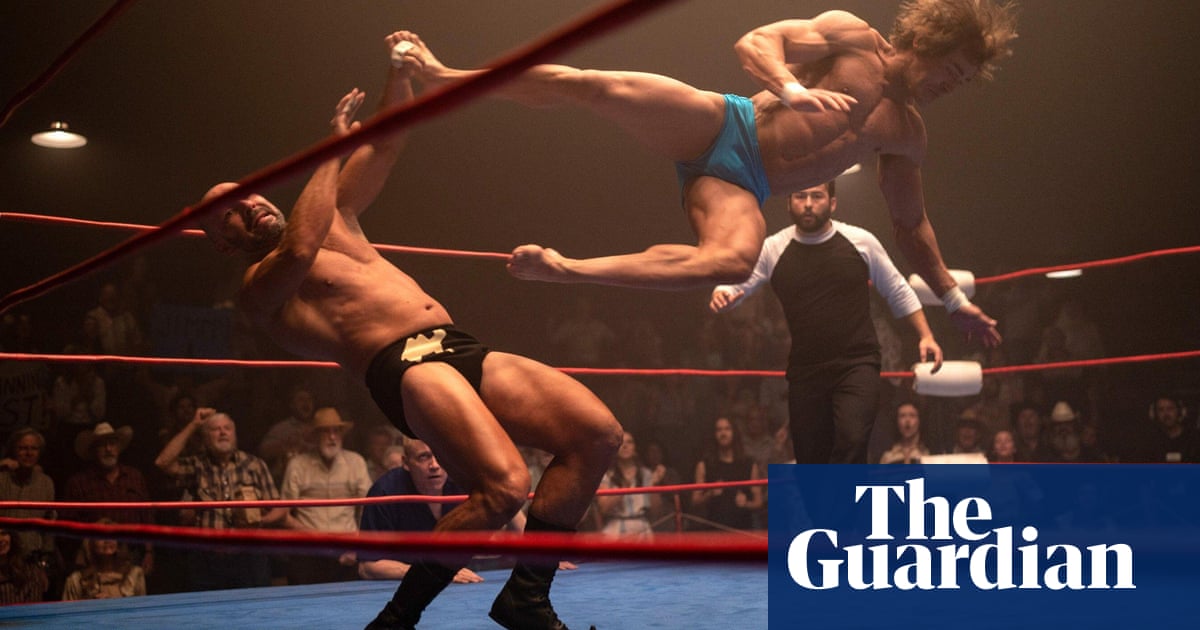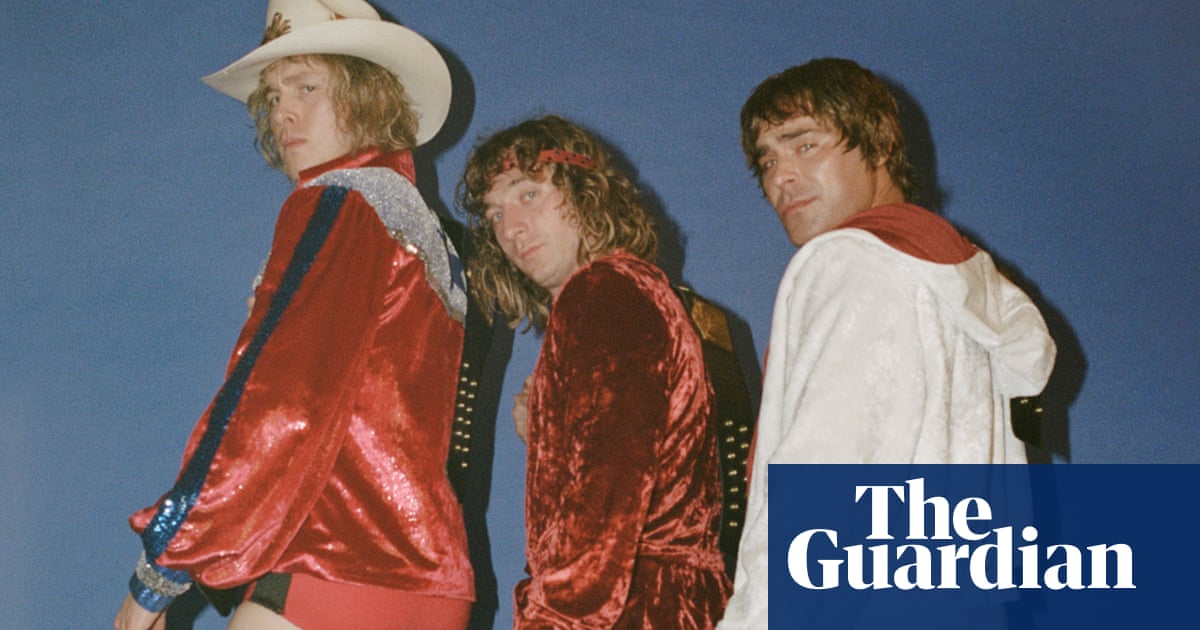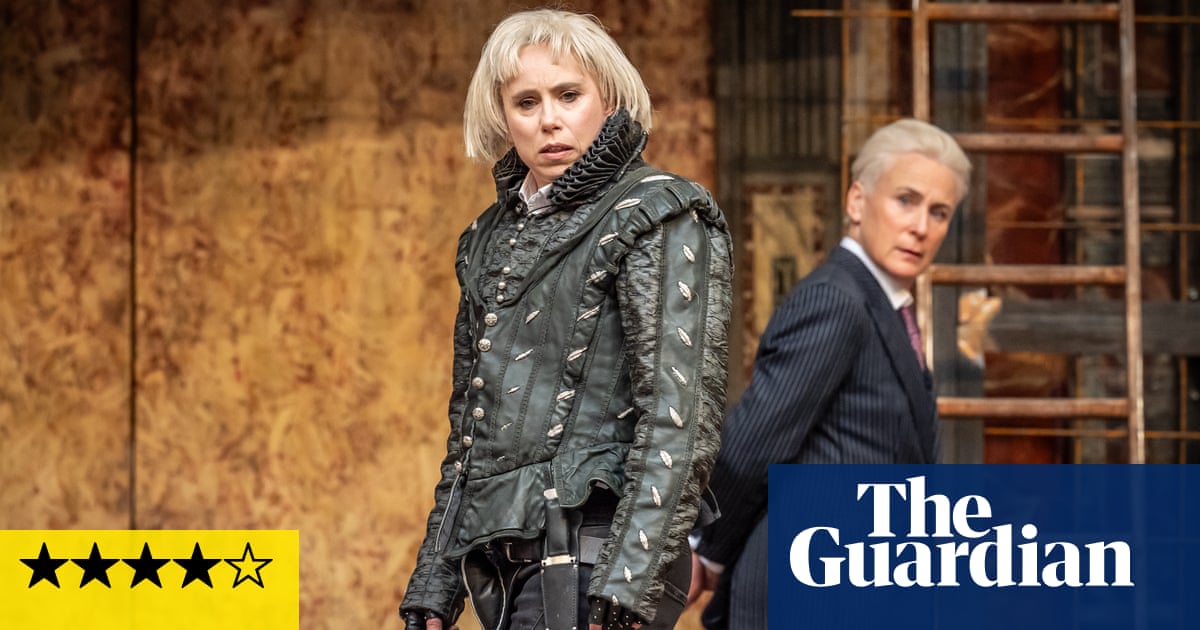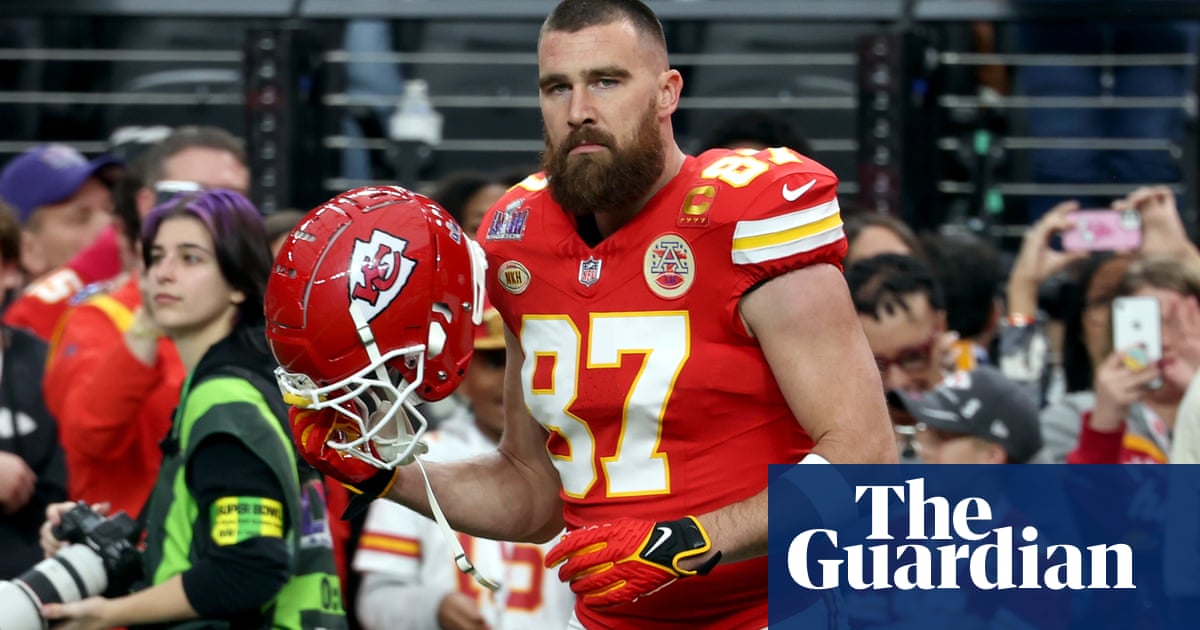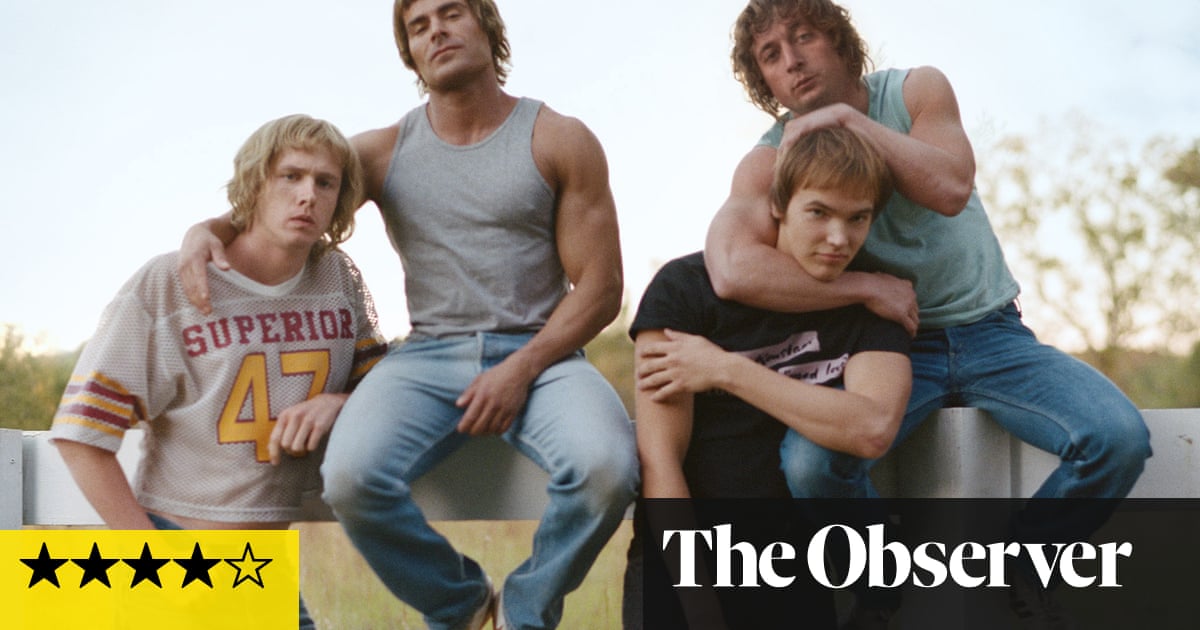
“There’s nothing fake about what we do,” says wrestler Kevin Von Erich (a teak-hued, wardrobe-sized Zac Efron delivering the finest, rawest performance of his career). He’s fielding a coy question from flirtatious fan (and girlfriend in waiting) Pam (Lily James), and he fervently believes what he’s saying. She, reasonably, asks him how anyone can call themselves a “world champion” wrestler when so much of what plays out in the ring is “pre-arranged”. Kevin argues that the performance is the point; that the difference between a Speedo-clad lunk sweating it out on the provincial circuit and a bona fide champion boils down to self-belief and the quality of the show that they put on for the audience.
And this is a central idea in writer-director Sean Durkin’s powerful third film, a factually based account of the larger-than-real-life Von Erich wrestling dynasty, a tragedy-afflicted family that, according to popular legend, came with its own curse. For Kevin, the oldest of four sons raised in the monolithic image and the considerable shadow of their overbearing father and coach, former wrestler Fritz Von Erich (Holt McCallany), this crucial, emotionally stunting and distorting aspect of performance goes beyond his wrestling persona and into the very foundations of his idea of masculinity. To be a man – a real man – as Fritz instils into his sons from birth, is to be the toughest, strongest and most successful out there. And if they aren’t, then they at least have to act the part. They can never show weakness and, categorically, they should never cry. If there genuinely was a curse afflicting the Von Erich men, then this, arguably, was it.
The Von Erich brothers were stars on the Texas wrestling circuit in the early 1980s, a period that is recreated in the film with a glistening, tawny glow, as if the whole story unfolds inside a giant spray-tanning booth. And for a while at least, it seems that Fritz’s dogged ambition (born out of a long-festering perceived slight during his own career) that his boys will all be champions seems achievable. Kevin, the self-appointed protector of his younger siblings and the film’s occasional narrator, seems to be the obvious contender to bring home the belt. But then his brother David (Harris Dickinson) steals his thunder with his crowd-galvanising performances during post-bout interviews. Kerry (The Bear’s Jeremy Allen White, unfeasibly pumped up and bringing new meaning to the Original Beef of Chicagoland), is due to be the family’s first Olympian – he is in training to throw the discus for Team USA – until the Americans pull out of the 1980 Moscow Olympics.
Fritz makes no secret that Kerry is his favourite son (“But the rankings can change,” he remarks casually over breakfast, “anyone can work their way up or down”), and wastes no time recruiting Kerry into the family business. Finally, there’s Michael (Stanley Simons), the youngest, a gangly aspiring musician who has little interest in wrestling as a career. But once the curse starts to get its teeth into his older brothers, poor Michael is left with little choice in the matter. It’s worth mentioning that there was another brother, Chris, who was omitted from the story due to the audience-battering scale of tragedies that afflicted the family.
Individually as characters, they are not particularly compelling; certainly, they’re less textured and complex than the protagonist of another 2023 wrestling film, Cassandro, the Gael García Bernal-starring portrait of the real-life gay luchador Cassandro the Exotico. But Durkin draws our attention as much to the dynamic between the characters as to the characters themselves – the way the love between the brothers miraculously prevails, despite Fritz’s divide-and-conquer strategy of pitting his boys against each other.
In the role of the formidable and casually cruel Fritz, McCallany is as solid and unassailably Texan as the Alamo. And with his granite face and squat, square shoulders he even looks a bit like it. McCallany uses his body brilliantly: the barrier of his burly crossed arms signals his disfavour when Kevin loses a fight. His jut-chinned scowl, as he is ignored while fans fawn over his boys at church on Sunday, speaks volumes. For all his talk of family, ultimately, it’s all about him.
It’s this suffocating, crushing force of male authority that is the common thread between The Iron Claw and Durkin’s previous two films, Martha Marcy May Marlene, which followed a young woman ensnared in a cult-like commune, and The Nest, which gave Jude Law the role of a lifetime as a status-obsessed husband and father who gambles his family’s stability against his lust for success. Of Durkin’s three films, The Iron Claw is the most conventional so far, and, with its slightly clunky supernatural reunion scene of deceased Von Erich family members, it’s certainly the most unabashedly sentimental. But even if The Iron Claw doesn’t quite match the bracing originality of the other two films, it still cements Durkin’s status as one of the most consistently impressive American directors of his generation.




